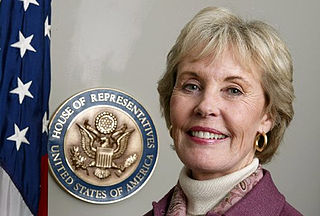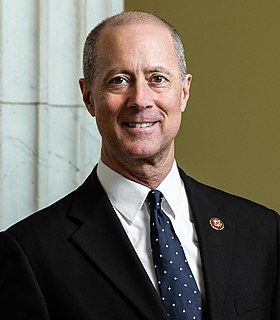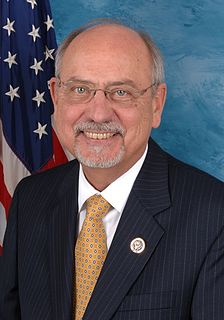A Quote by Jennifer Dunn
The death tax destroys family businesses and stifles investment that leads to increases in jobs and personal income. As a result, 70 percent of family-owned businesses are not passed on to the next generation and 87 percent do not make it to the third generation.
Related Quotes
The United States of American business pays the second-highest business taxes in the world, 35 percent. Ireland pays 11 percent. Now, if you're a business person, and you can locate any place in the world, then, obviously, if you go to the country where it's 11 percent tax versus 35 percent, you're going to be able to create jobs, increase your business, make more investment, et cetera. I want to cut that business tax. I want to cut it so that businesses will remain in the United States of America and create jobs.
It makes no difference to a widow with her savings in a 5 percent passbook account whether she pays 100 percent income tax on her interest income during a period of zero inflation or pays no income tax during years of 5 percent inflation. Either way, she is 'taxed' in a manner that leaves her no real income whatsoever. Any money she spends comes right out of capital. She would find outrageous a 100 percent income tax but doesn't seem to notice that 5 percent inflation is the economic equivalent.
Regarding the Economy & Taxation: America's most successful achievers do pay a higher share of the total tax burden. The top one percent income earners paid 18 percent of the total tax burden in 1981, and paid 25 percent in 1991. The bottom 50 percent of income earners paid only 8 percent of the total tax burden, and paid only 5 percent in 1991. History shows that tax cuts have always resulted in improved economic growth producing more tax revenue in the treasury.
If top marginal income tax rates are set too high, they discourage productive economic activity. In the limit, a top marginal income tax rate of 100 percent would mean that taxpayers would gain nothing from working harder or investing more. In contrast, a higher top marginal rate on consumption would actually encourage savings and investment. A top marginal consumption tax rate of 100 percent would simply mean that if a wealthy family spent an extra dollar, it would also owe an additional dollar of tax.

































